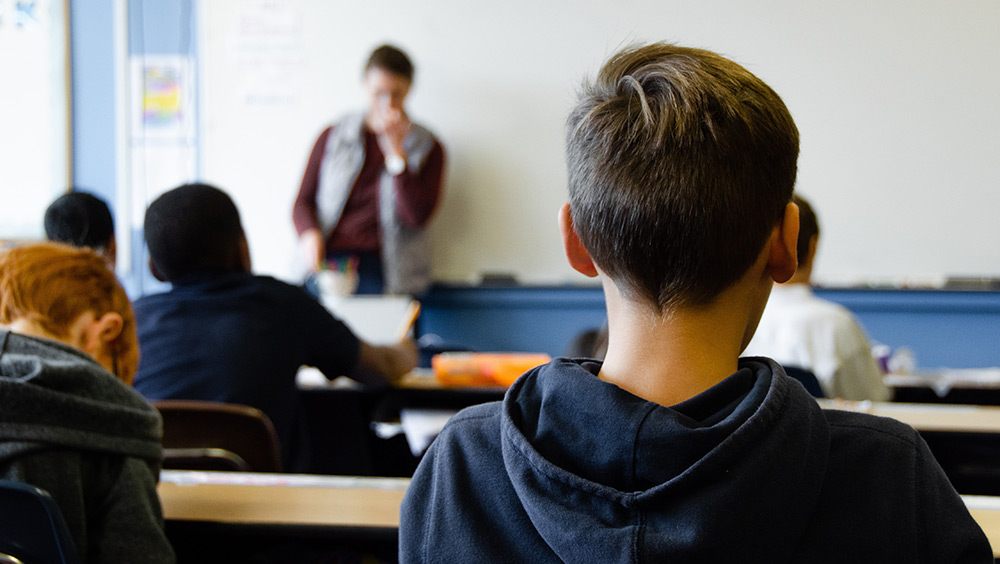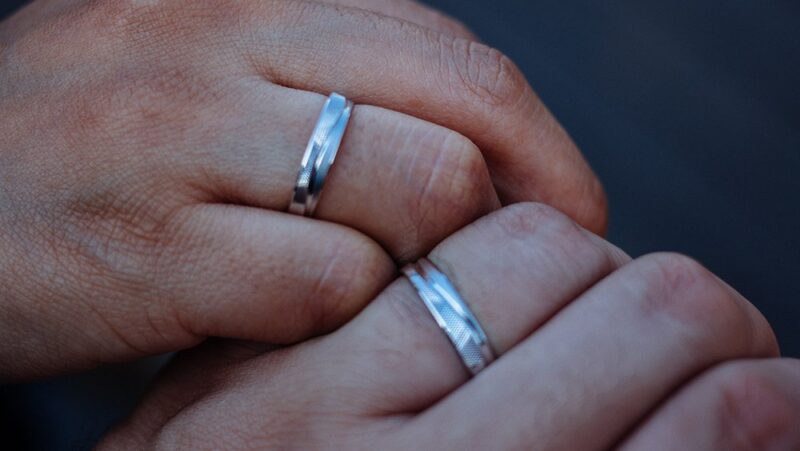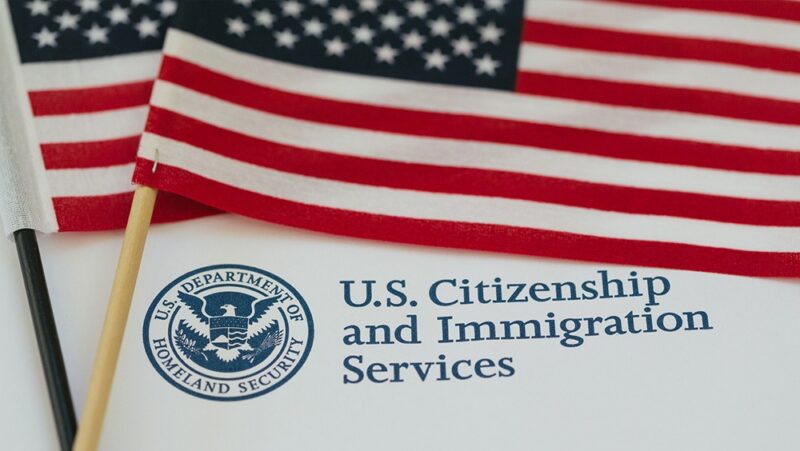Free Speech in Schools: What Can Students Say?

The First Amendment protects freedom of speech, including the words we say and other ways we send messages about who we are and what we believe, such as the clothing we wear and symbols we display. But that doesn’t mean you can express anything you want, anywhere, anytime – school included. In this post, we answer some commonly-asked questions about free speech in schools.
A guide to free speech in schools: What is (and isn't) allowed?
Can students wear symbols showing support for or opposition to something?
Most likely, yes, thanks to the 1969 Supreme Court case Tinker v. Des Moines Independent Community School District. The court declared that three students should have been allowed to wear black armbands, a type of symbolic speech, to school to protest the Vietnam War. John Tinker, 15, Mary Beth Tinker, 13, and Christopher Eckhardt, 16, were suspended from school for wearing the armbands after the school made a rule saying they could not. They appealed their punishment all the way to the Supreme Court and won.
This ruling said that public school students retain their right to free speech in school, so schools can’t censor just because they think something could be disruptive. It’s up to the school to prove that you’ll be disrupting the learning process.
More specifically, schools can only limit students’ expression if they can reasonably predict that it will create a substantial disruption or material interference in school activities or invade the rights of others.
WATCH: Frequently asked questions about free speech in school
Can students badmouth their school on social media?
Probably! Thanks to the Tinker ruling, your school would have to show that your post caused real disruption at school or specifically harassed other students in order to get you in trouble for it. As one Pennsylvania school district found out in the case of an F-bomb Snapchatting cheerleader (Mahanoy Area School District v. B.L.) it’s harder for the school to reasonably foresee disruption at school when the speech occurs off campus.
In 2017, Brandi Levy, age 14, cursed school, softball and her cheerleading squad in a rant on Snapchat. She posted from a convenience store outside of school hours, but her junior varsity cheer squad suspended her for violating its code of conduct.
Brandi and her parents took the school district to court, arguing it didn’t have the right to punish her for her off-campus social media rant. In 2021, the Supreme Court agreed. But it also said schools can punish off-campus speech in some circumstances, such as cyberbullying and threats that disrupt the school setting. This ruling helped protect students’ free speech in schools – and anywhere.
Can students say a prayer at lunch or before a test?
Almost certainly! The First Amendment protects public school students’ right to pray alone or in groups as long as they don’t interfere with class or the rights of others.
What students (and teachers) can’t do is lead official, school-sanctioned prayers. As government agencies, schools must be neutral toward religion. They cannot endorse any specific religious tradition, including belief over nonbelief.
In 1992, the Supreme Court agreed with a Rhode Island family that sued their public school for inviting clergy to say prayers at a graduation ceremony. The court said the practice created “subtle and indirect coercion” to participate in the government-led religious activity. Similarly, in 2000, the court ruled that student-led prayer over the loudspeaker at a school event is considered school-sponsored and violates the First Amendment. In this case, the rule is based on religious freedom rather than free speech in schools.
RELATED: Controversial commencement speakers and the First Amendment
Can students publish something administration doesn’t like in the school-sponsored paper?
Probably not. When students at the Spectrum wanted to publish articles about teen pregnancy and divorce, the school district said no. In 1988, in Hazelwood School District v. Kuhlmeier, the Supreme Court agreed with the censorship based on the school’s educational concerns. It ruled the Spectrum was a school-sponsored project intended for learning and not a forum or an example of free speech in schools. This means that schools can censor if they have reasonable educational justification for doing so. Many – but not all – courts also understand the Hazelwood ruling to require schools to act in a viewpoint-neutral way should they choose to censor. In other words, they cannot censor just because they disagree with an article’s viewpoint while declining to censor content with which they do agree.
As of April 2023, seventeen states have enacted laws often called “New Voices” laws to protect student expression in school newspapers, too. This legislation, advocated for by the Student Press Law Center, narrows what the organization considers the vague standards for school censorship set in the Hazelwood case. And student-run papers independent of school sponsorship are protected from censorship.
Is there any other type of speech students should avoid?
Stay away from lewd speech, including innuendo. And, even if it’s just a joke, avoid anything drug-related.
In 1983, the Supreme Court ruled in Bethel School District v. Fraser against student Matthew Fraser, who argued it was his right to give a speech with dirty jokes at a school assembly in Washington state. The court said that schools could limit this kind of speech.
Similarly, Joseph Frederick lost his 2007 case Morse v. Frederick. Frederick had held up a nonsensical “Bong Hits 4 Jesus” banner to get noticed on TV during a parade outside his school in Alaska. The court acknowledged the sign could come across as a joke like Frederick intended, not actually advocating drug use, but still said it was OK for the school principal to tell him to put the sign away.
Supreme Court To Weigh Free Speech Against Anti-Discrimination Laws
Related Content

